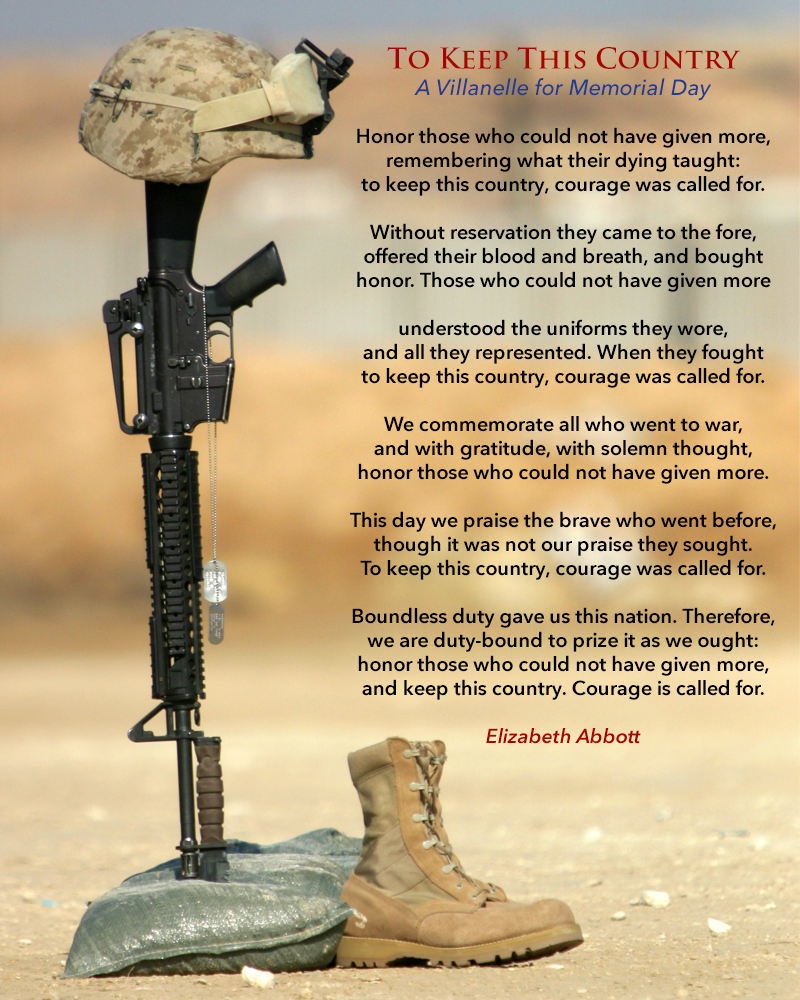
Photo credit: United States Marine Corps/Wikimedia Commons/Public Domain

Photo credit: United States Marine Corps/Wikimedia Commons/Public Domain
How do you make the Fourth of July come alive for your students? Try letting them experience the exciting events of the first Independence Day through the journal entries of fictional character David Thackeray, the fourteen-year-old son of a Philadelphia storekeeper.
All of Philadelphia is in a fervor of nervous anticipation. The Continental Congress has been in session these many months, and we have yet to hear the outcome of their decision. While many colonists still speak of making peace with England, my father says the king made that impossible by declaring us—England’s sons and daughters—enemies. But the people who come into my father’s shop say that even now the men of Congress are deciding the colonies’ future. “Nay,” my father tells them, “our future is in the hands of the Almighty God, and no king or colonial leaders will change that.” I am glad to think the king cannot control us, but I will confess that I am more than a little scared of his troops!
It is decided. The colonies have chosen to seek independence no matter what they lose in the attempt. I heard the town crier in the city square near my father’s shop: the Declaration of Independence will be read for all to hear in four days’ time. For now, the excitement of the people congratulating each other in the streets is enough to cause my father to shake his head in wonder. “You would think they are joyful to bear arms against those who have been their brothers!” Father’s eyes grow weary when he speaks of the war, but my friends and I love to watch the minutemen practice on the village green. We cannot wait until we are allowed to enlist! Mother gets quite irritated when I come home covered in the black smoke of gunpowder, but the smell excites me more than even that of her best fresh bread.
Father closed the shop early so that he and I might hear the reading of the great Declaration in the town square this even. The square was packed with people from all over the city. Men talked among themselves—some waving their arms wildly—as they shared news trickling in from all over the colonies: accounts of the patriots’ defeat in Quebec, details of the battle at Sullivan’s Island, and even more recent tales of another British naval defeat at Fort Moultrie.
“Hear ye, hear ye!” began the town crier. “By order of the Continental Congress, I hereby proclaim this Declaration of Independence in the hearing of all present, that the country of England may witness the Colonies’ firm determination to stand against all unjust attempts to claim authority over their God-given rights and free will.” I never knew a crowd of so many people could become so suddenly, absolutely silent and still. “When in the Course of human events it becomes necessary for one people to dissolve the political bands which have connected them with another. . . .”* The crier’s voice rang out over our heads and seemed to penetrate my very heart.
The list of the colonists’ grievances against England and her king were long, but never will I forget the words that followed: “We, therefore . . . solemnly publish and declare, That these United Colonies are, and of Right ought to be Free and Independent States . . . . And for the support of this Declaration, with a firm reliance on the protection of divine Providence, we mutually pledge to each other our Lives, our Fortunes, and our sacred Honor.”* When the crier finished, there was the faintest pause as the enormity of this Declaration sank in. Then the crowd erupted in a roar of cheering.
The future lies in a cloudy haze before our colonies, but to the bottom of my heart I am certain of this: I will know no other home than my United States of America.
*quotation from Declaration of Independence